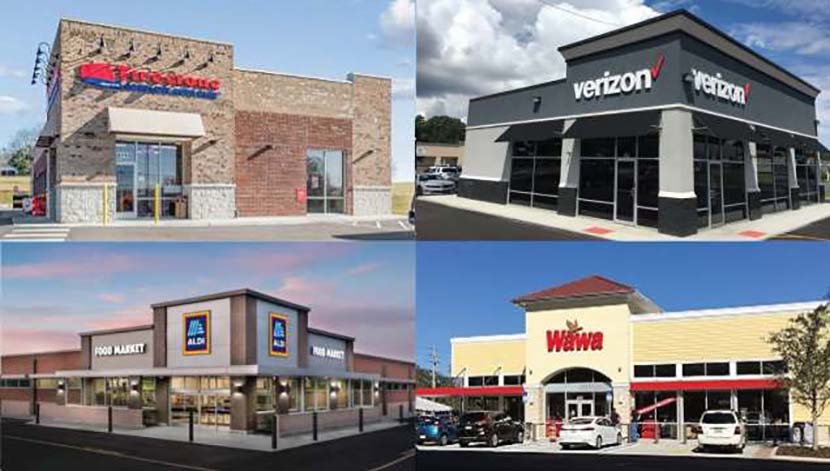
2Q Single-Tenant Net Lease Cap Rates Diverge

Single-tenant net lease cap rates diverged by sector in the second quarter, reported Boulder Group, Wilmette, Ill.
National asking cap rates in the net lease retail sector increased 10 basis points to 6.25 percent during the quarter. Cap rates for net lease office properties held steady at 7 percent while industrial properties compressed 6 basis points to 6.99 percent.
Most net lease market participants anticipate higher cap rates by year-end, Boulder Group said. The firm’s Net Lease Research Report said eight in 10 people polled anticipate higher cap rates across sectors by year-end, with 43 percent expecting an increase of up to 19 basis points.
“Throughout the second quarter, transaction velocity was negatively impacted by COVID-19 and the effects it had on business resulting from government-mandated shutdowns,” said Boulder Group President Randy Blankstein. He said transaction volume fell more than 20 percent in first-half 2020 compared to last year.
The net lease market was bifurcated between essential and non-essential businesses between April and June, said Boulder Group Partner Jimmy Goodman.
“Investor interest was largely focused on essential businesses that were open and operational including pharmacies, quick-service restaurants, grocery, convenience stores and dollar stores,” Goodman said. “Businesses labeled non-essential and largely shut down included movie theaters, fitness centers, soft goods retailers and sit-down dining. Investors backed away from non-essential businesses while waiting to see if the financial stress continues to effect tenants.”
Boulder noted a significant flight to quality among private investors looking to avoid the volatility of alternative investment vehicles and the stock market. Net lease assets with long-term leases to credit tenants including 7-Eleven convenience stores, CVS drugstores and McDonald’s restaurants saw some of the lowest cap rates in the second quarter.
Competition among investors for high-quality net lease assets shows up in the sector’s bid-ask spread. The spread between asking and closed cap rates compressed by 8 and 9 basis points, respectively, for retail and industrial sectors, the report said.
“Net lease transaction volume for 2020 is expected to be significantly lower than 2019 as a result of the impact of COVID-19,” Blankstein said. “However, the stabilization of the 10-Year Treasury yield in the second quarter will provide investors with an enticing yield spread for the net lease sector.”
